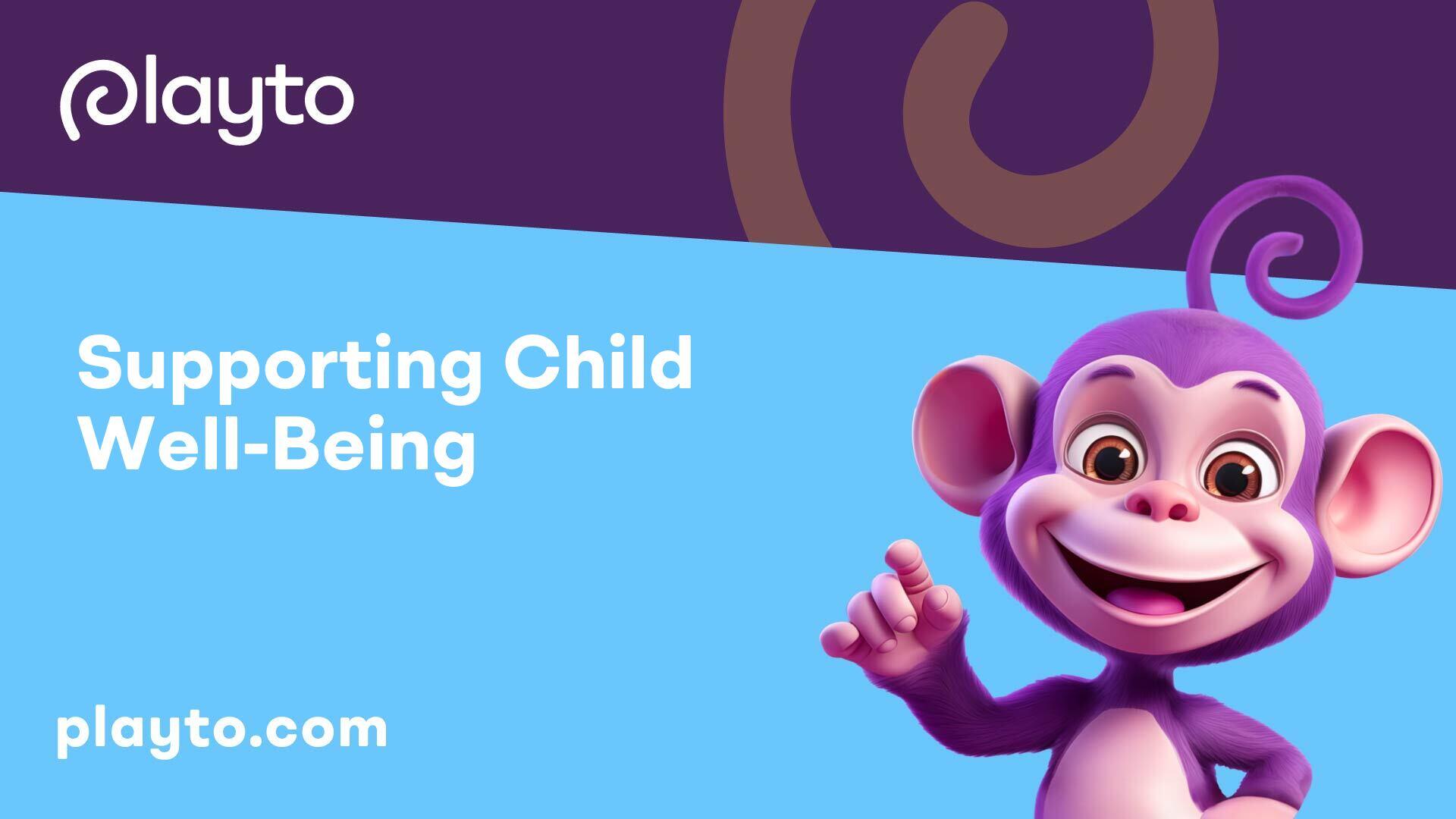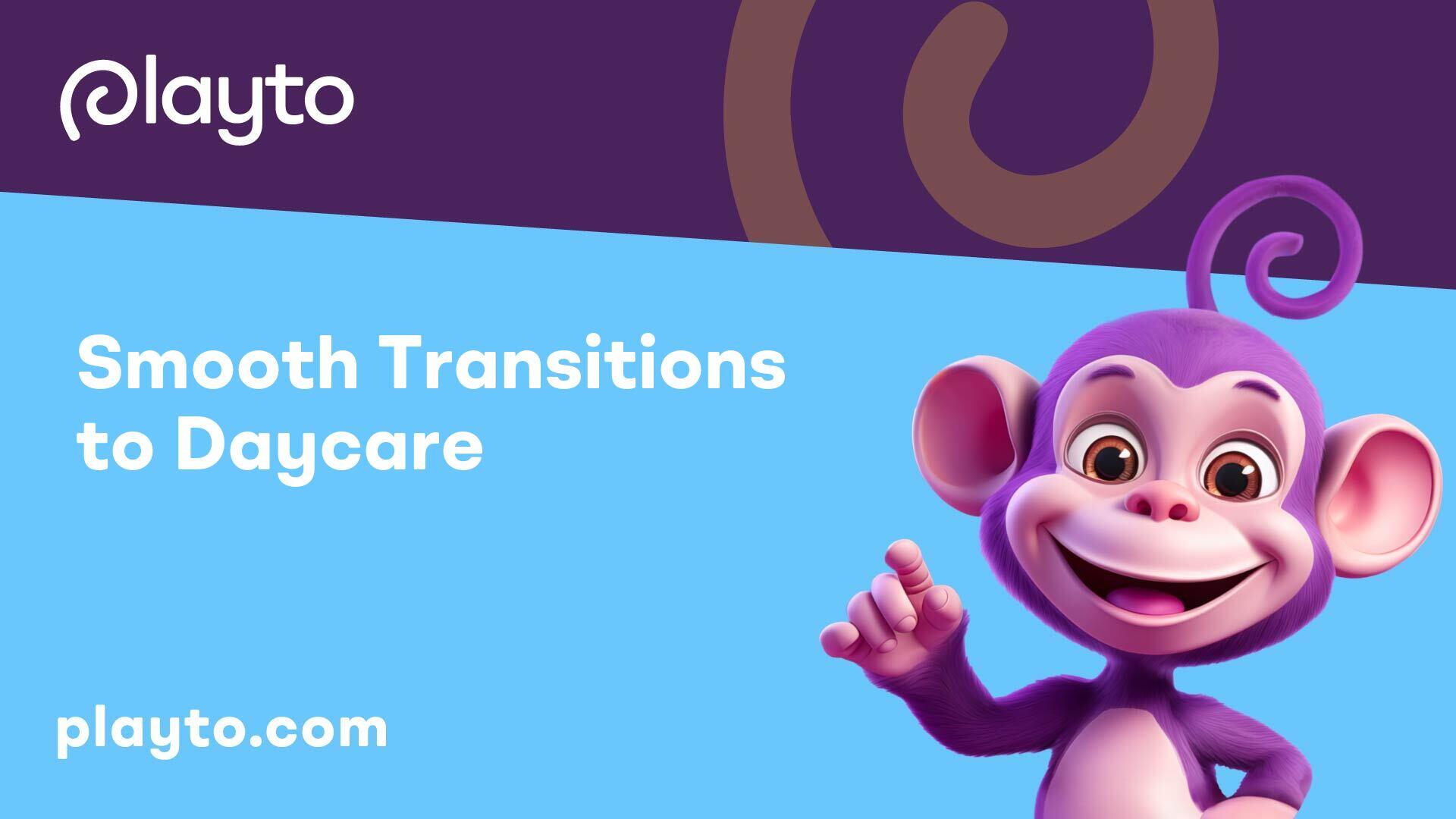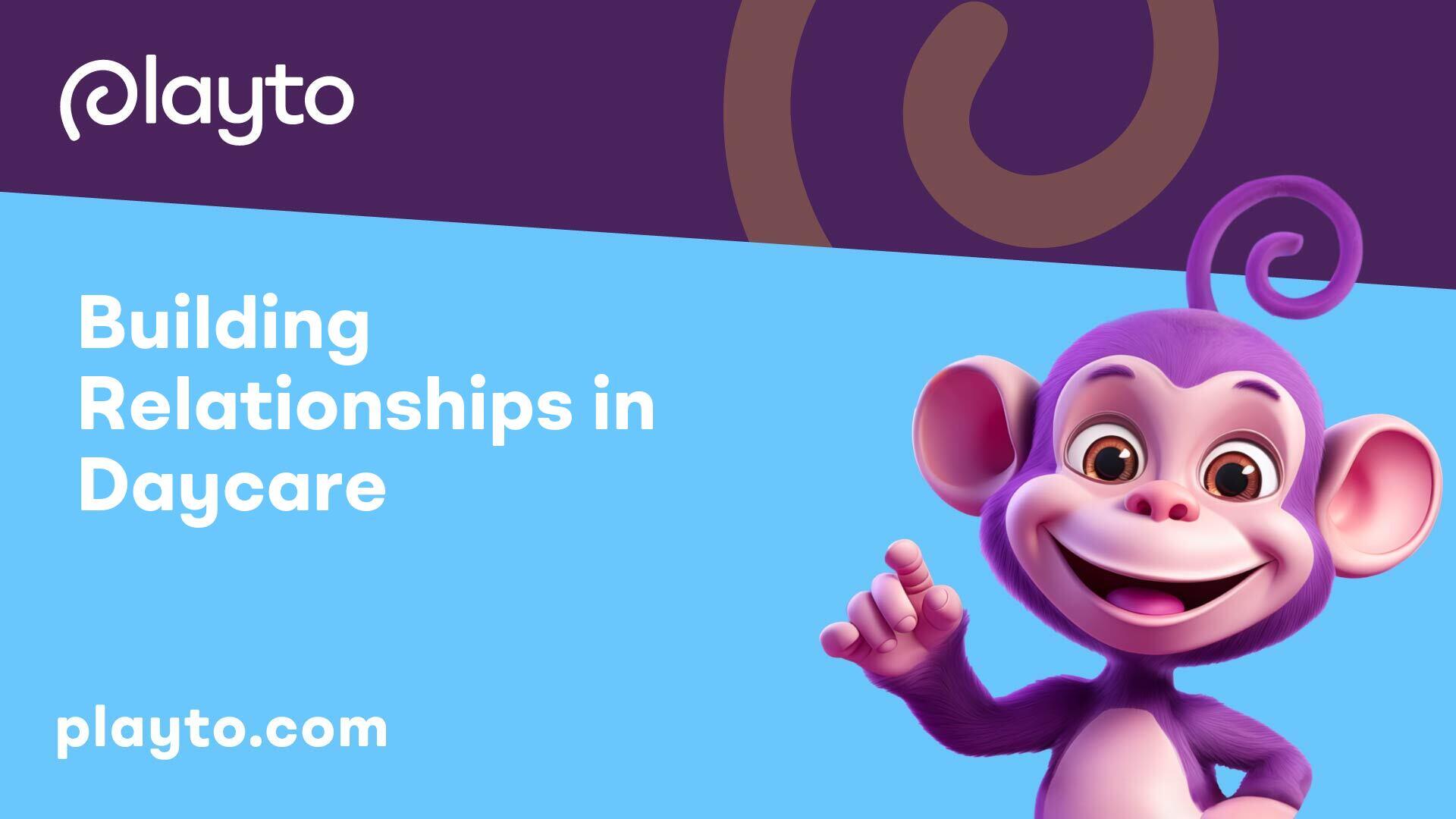
Choosing the Right Daycare
When it comes to selecting the most suitable daycare for your child, conducting In-Person Visits is a crucial step in the decision-making process. It is recommended by Childcare.gov that parents visit each potential daycare setting physically to ensure that the program aligns well with the needs and preferences of both the parent and the child. During these visits, parents can observe firsthand how the program operates, the daily activities, interactions between teachers and children, the physical environment, and the overall atmosphere of the daycare. This direct observation allows parents to gather valuable insights and assess if the daycare meets their expectations.
Additionally, a thorough Program Fit Assessment is essential to determine if the daycare's curriculum and activities resonate with the child's interests and learning style. As highlighted by Wee Care Preschool, the daily routines and activities offered by daycare centers can vary significantly. Some establishments may focus more on structured learning experiences, while others prioritize outdoor play and exploration. Parents are advised to consider their child's individual needs and behavioral patterns to select a program that best complements their parenting approach.
Daycare Aspect Considerations
- Curriculum & Activities: Evaluate the daily schedule, learning objectives, and variety of activities.
- Safety & Environment: Assess the cleanliness, safety measures, indoor and outdoor play areas.
- Teachers & Staff: Review qualifications, experience, and interactions with children.
By meticulously evaluating daycare options through in-person visits and assessing the program fit based on your child's unique requirements, parents can make an informed decision that ensures a positive daycare experience for both the child and the family.

Supporting Child Well-Being
To ensure the well-being of children in daycare, it is essential to focus on their mental and emotional health, as well as the significance of routines in their daily lives.
Mental and Emotional Health
Mental health plays a crucial role in a child's development, aiding in clear thinking, decision-making, stress management, and positive relationships [1]. Emotional well-being, on the other hand, helps children manage their moods and feelings effectively. Both aspects are nurtured through positive family, community, and cultural experiences, emphasizing the importance of creating a supportive and nurturing environment within daycare settings.
It is vital for parents and daycare providers to collaborate in fostering a positive atmosphere that promotes mental and emotional well-being in children. By offering a safe and nurturing environment, children can develop the skills needed to navigate their emotions and build resilience.
Importance of Routines
Routines and schedules are fundamental in organizing family activities, reducing chaos, providing comfort, and instilling a sense of security in children. Predictable daily routines help children feel more confident, secure, and in control of their activities. Children thrive in environments that are predictable and where they feel a sense of ownership and control.
Consistent scheduling not only helps children understand expectations but also aids them in coping with changes and transitions. By providing a structured routine, children can navigate their day with ease, reducing stress and guiding appropriate behavior in various situations. Parents working in tandem with daycare providers can ensure that routines are established and maintained, offering stability and predictability to support the emotional well-being of children in daycare.
By focusing on the mental and emotional health of children, as well as the implementation of routines and schedules, parents and daycare providers can create a nurturing environment that supports the overall well-being and development of children in daycare. Building a foundation that prioritizes mental and emotional health alongside structured routines is key to fostering a positive and supportive daycare experience for children.

Smooth Transitions to Daycare
Ensuring a smooth transition to daycare is essential for both parents and their children. By understanding the needs of the child and adequately preparing them for change, parents can help ease the transition process effectively.
Understanding Child's Needs
To facilitate a smooth transition to daycare, it is crucial for parents to have a clear understanding of their child's needs and emotions. Every child is unique, requiring different levels of support and reassurance during this significant change. Open communication with your child can provide insights into their feelings and concerns.
Providing age-appropriate explanations about the upcoming transition, encouraging them to ask questions, and discussing what to expect can help children feel more prepared and involved in the process. According to Dr. Sarah Bren, children benefit from feeling a sense of control and agency in the transition process. Offering them choices throughout the day can empower them and ease the transition period.
Preparation for Change
Preparation is key to helping children transition smoothly to new childcare settings. Parents can start by initiating conversations about the upcoming changes, providing detailed information about the daycare environment, routines, and activities. Encouraging children to envision their days at daycare and discussing the positive aspects can create excitement and optimism about the new experience.
For a gradual adjustment, it might be beneficial to discuss with the daycare programme the possibility of a slow transition for the child. Beginning with shorter intervals initially and gradually extending the duration can help the child acclimate to the new setting at their own pace [2]. Offering assurance, support, and maintaining a positive attitude throughout the transition period can significantly impact the child's comfort and confidence in their new daycare environment.
By understanding and addressing the individual needs of the child, alongside thorough preparation and open communication, parents can navigate the transition to daycare more effectively. Transition periods can be challenging, but with the right support and guidance, children can adapt smoothly to their new routine and surroundings, setting a positive foundation for their daycare experience.

Effective Communication with Parents
Establishing effective communication between daycare providers and parents is fundamental in creating a supportive and collaborative environment for children. This section focuses on building trust and partnership, as well as understanding and adapting to parents' communication preferences.
Building Trust and Partnership
Building a strong foundation of trust and partnership with families is fundamental for the success of any daycare program. Effective communication is the cornerstone of this relationship, enabling educators and parents to work together in supporting each child's learning and development. By fostering open and transparent communication channels, daycare providers can create a supportive environment where parents feel valued and involved in their child's early education journey.
To enhance trust and partnership, it is essential for daycare providers to actively listen to parents' concerns, feedback, and aspirations for their child. Collecting valuable information from families upon enrollment can help educators better understand each family's unique circumstances and preferences, allowing for tailored support and personalised care for the child [3].
Communication Preferences
Understanding and respecting parents' communication preferences is essential for maintaining engagement and keeping families well-informed about their child's progress at daycare. Each family may have different preferred methods of communication, such as in-person meetings, phone calls, emails, or digital platforms. By acknowledging and adapting to these preferences, daycare providers can ensure effective and timely communication with families, enhancing parental involvement and satisfaction.
In the modern age, digital communication tools have become increasingly valuable for educators to engage with families. Mobile apps, social media platforms, and digital newsletters offer real-time updates, secure check-in/out systems, and paperless billing options, streamlining communication and providing convenient ways for parents to stay connected with the daycare center. By leveraging these digital tools, daycare providers can enhance communication efficiency and transparency, ultimately fostering stronger relationships with parents.
Effective communication practices not only enrich the daycare experience for families but also contribute to the holistic development and well-being of children under their care. By prioritizing trust, partnership, and respecting communication preferences, daycare providers can create a nurturing and collaborative environment where children thrive and families feel supported in their parenting journey.

Building Relationships in Daycare
Establishing strong relationships with daycare staff is crucial for creating a positive and supportive environment for your child. By showing appreciation and gratitude, as well as employing effective communication strategies, parents can foster strong connections with the daycare staff.
Connection with Daycare Staff
Building a connection with daycare staff involves regular communication, mutual respect, and active engagement. Parents should make an effort to get to know the daycare providers, understanding their teaching style, approach to childcare, and how they engage with the children. By showing interest in the staff's work and expressing appreciation for their efforts, parents can create a collaborative and harmonious relationship that benefits both the child and the daycare environment.
Open communication in childcare centers is vital as it creates an environment where staff members feel comfortable sharing ideas, concerns, and feedback. It encourages active listening, empathy, trust, and transparency, allowing for better conflict resolution, problem-solving, and overall center performance.
Active Parental Participation
Active parental participation plays a crucial role in building relationships with daycare staff and ensuring that the child's needs are met. Parents should actively engage with the daycare program by volunteering, attending meetings, visiting the facility, assisting in the classroom, or serving on committees. This level of involvement not only strengthens the bond between parents and staff but also demonstrates a commitment to the child's well-being and education.
When parents actively engage in their child's daycare experience, research shows that children exhibit better school readiness skills, higher academic achievement, improved behavior, and positive relationships. Parental involvement positively influences children's behavior, cognitive achievement, and emotional growth, preparing them for further studies.
In summary, fostering strong relationships with daycare staff through communication, appreciation, and active participation can enhance the overall daycare experience for both parents and children. By working together with daycare providers and maintaining open channels of communication, parents can create a supportive and nurturing environment that promotes the well-being and development of their child.
Considerations for Selecting a Daycare
When it comes to choosing the perfect daycare for your child, several factors must be taken into consideration to ensure a nurturing and safe environment. Two vital aspects to focus on are the curriculum and activities offered by the daycare, as well as the overall safety and environment of the facility.
Curriculum & Activities
The program and curriculum offered by a daycare play a crucial role in shaping a child's early learning experiences. It is essential to supporting the emotional well-being of daycare staff that the lessons are age-appropriate and align with your child's developmental stage. Parents should inquire about the educational goals of the daycare programme, ensuring that they cater to the holistic development of the child. Providing a stimulating and engaging environment through activities such as sensory play, nature exploration, and structured learning can contribute to a child's cognitive and social-emotional growth.
It is beneficial to choose a daycare that offers a well-rounded curriculum, encompassing various areas such as speech development, social skills, and cognitive development. Regular updates on your child's progress and engagement in activities that promote creativity and critical thinking are key components to look for in a daycare's curriculum.
Safety & Environment
Ensuring the safety and security of your child is paramount when selecting a daycare. According to Wee Care Preschool, parents should assess the school environment to guarantee a warm, welcoming atmosphere that is free from hazards. Check if adequate safety and security procedures are in place and if the facilities, including buildings, classrooms, and outdoor areas, are child-friendly and well-maintained. Conducting a thorough inspection of the premises to confirm that safety measures are adhered to is essential for peace of mind.
Another important aspect of safety in daycare is the selection and training of staff. It's crucial to evaluate the educational background, experience, and training in areas like first aid and CPR of the teachers and caregivers. Positive interactions between staff and children, as well as effective communication practices, are indicators of a supportive environment. Parents should observe staff engaging positively with children and fostering a nurturing atmosphere within the daycare.
By carefully considering the curriculum and activities along with the safety measures and environment provided by a daycare, parents can make an informed decision that ensures the well-being and development of their child in a nurturing and secure setting. Collaborating with the daycare providers and actively participating in the educational journey can further enhance the child's daycare experience.
Establishing Family-Provider Partnerships
When it comes to fostering a nurturing and supportive environment for children in daycare, establishing strong partnerships between families and providers is key. Collaborative efforts and ongoing reflection and professional development play a crucial role in enhancing the quality of care and promoting positive outcomes for all involved parties.
Collaborative Efforts
Family-professional partnerships are foundational in the world of childcare. These partnerships focus on equality, recognizing the individual strengths and needs of each child and family to support them in reaching their full potential. By exhibiting care, compassion, empathy, respect, and trustworthiness in interactions, providers can build meaningful connections with families based on mutual understanding and support.
Ongoing collaboration between family members, providers, support professionals, and community members is essential for the success of a daycare program. Collaborative efforts involve setting goals, making plans, monitoring progress, and problem-solving together to ensure the overall progress and growth of each child and their family [5]. By working hand-in-hand, families and providers can create a cohesive support system that benefits the developmental journey of the child.
Reflection and Professional Development
Reflective practices and continuous professional development are vital components of establishing effective family-provider partnerships. Providers should engage in regular reflection on their practices, interactions, and communication with families to identify strengths and areas for improvement. This self-assessment allows providers to adapt their approach to better meet the needs of children and families.
Professional development offers providers the opportunity to enhance their knowledge and skills in childcare practices, communication strategies, and relationship-building techniques. By staying informed about the latest research and best practices in early childhood education, providers can deliver high-quality care that aligns with the evolving needs of children and families.
By prioritizing collaborative efforts and committing to ongoing reflection and professional development, family child care providers can create a supportive and nurturing environment that promotes the well-being and development of each child in their care. Building strong partnerships with families not only enriches the daycare experience but also fosters a sense of community and mutual respect that benefits everyone involved.
References
[1]: https://childcare.gov/consumer-education/supporting-childrens-well-being
[2]: https://drsarahbren.com/how-to-help-your-child-transition-to-new-childcare/
[3]: https://mybrightwheel.com/blog/how-to-manage-parent-communications
[4]: https://www.playto.com/blog/building-relationships-with-daycare-staff
[5]: https://www.virtuallabschool.org/fcc/program-management/lesson-2
